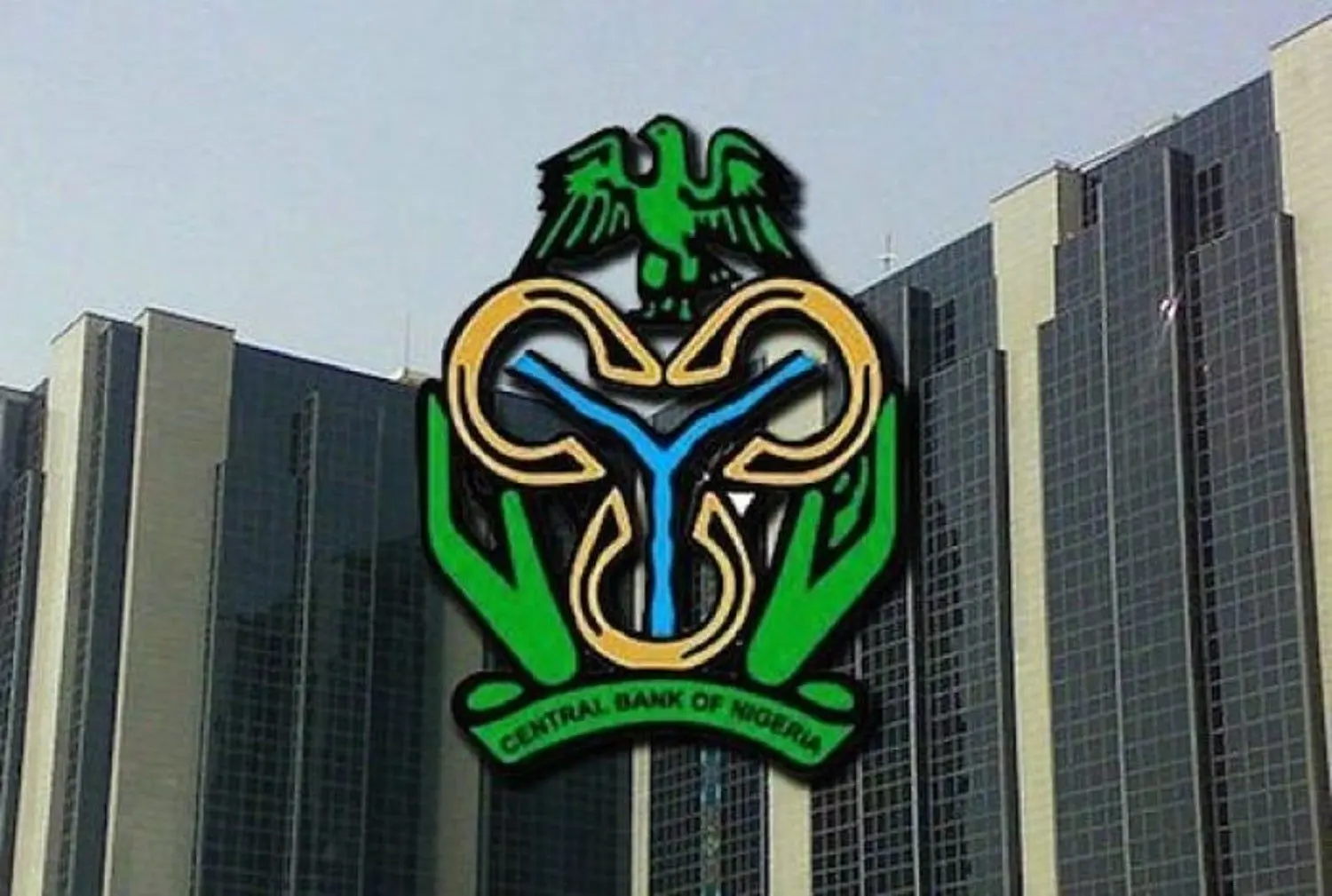The Central Bank of Nigeria (CBN) has highlighted potential risks to the growth of external reserves for 2024/2025 due to factors such as fuel subsidy removal, increased import bills, and rising external debt servicing obligations. These insights were provided in the CBN’s Monetary, Credit, Foreign Trade, and Exchange Policy guidelines for the fiscal years 2024/2025.
Despite these risks, the CBN maintains an optimistic outlook for Nigeria’s economic growth in the coming years. This positive projection is supported by ongoing policy support in the agriculture and oil sectors, reforms in the foreign exchange market, and the effective implementation of the Finance Act 2023 and the 2022-2025 Medium-Term National Development Plan (MTNDP).
The CBN’s outlook includes the expectation of favorable trade terms driven by sustained crude oil prices and improvements in domestic oil production. This optimism is bolstered by capital flows and remittances, which are expected to contribute positively to the external sector.
However, the CBN also noted several downside risks. These include lower crude oil earnings, the impact of fuel subsidy removal, rising import bills, and increased external debt servicing. Additionally, the tightening of monetary policies by central banks in advanced economies could exacerbate the risk of capital outflows.
On Nigeria’s economic output, the CBN forecasts continued positive growth, contingent on support in key sectors and effective policy implementation. However, the outlook is tempered by significant challenges such as rising energy prices due to the ongoing Russia-Ukraine conflict, security issues, and infrastructural deficits, which could undermine growth in the short to medium term.
Domestic prices are projected to remain high through 2024/2025, influenced by global supply constraints and exchange rate effects. The persisting security and infrastructural issues could further exacerbate inflationary pressures.
The fiscal sector is anticipated to recover positively, contingent on the effective execution of the Finance Act 2023 and the restructuring of key revenue-generating agencies to boost non-oil revenue. However, low domestic crude oil production, growing public debt, and global economic uncertainties pose risks to fiscal operations.
The financial sector is expected to stay resilient, reflecting the CBN’s ongoing efforts to monitor and address vulnerabilities through stress tests, examination exercises, and risk mitigants.

